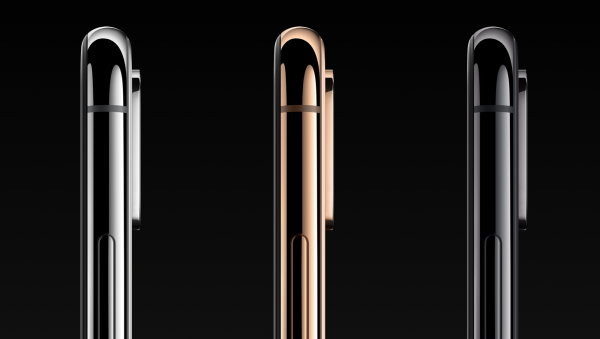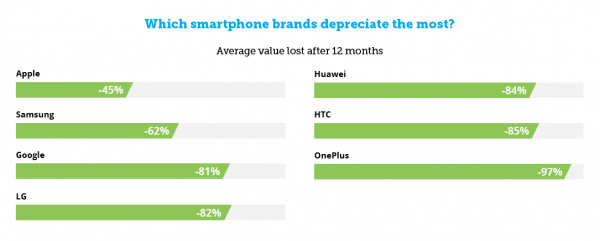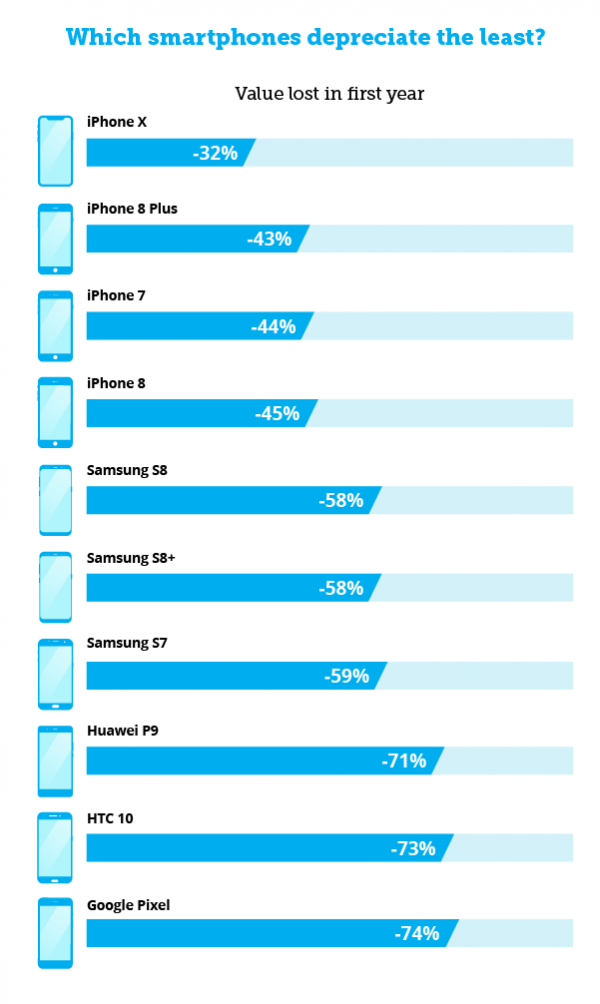The Foldable Huawei Mate X →
Okay, the Samsung Galaxy Fold made me feel like foldable phones were 5-6 years away from going mainstream (because of price and hardware bulkiness).
But now this foldable Huawei Mate X makes me feel like it's 4-5 years away.
Still bullish on AR glasses, but foldables will go mainstream much sooner.
Instagram's Co-Founders Leave →
Facebook promised Instagram autonomy, but reduced it over time leading to today’s bombshell revelation. Eight years after launching Instagram and six years after selling it to Facebook, Instagram co-founders CEO Kevin Systrom and CTO Mike Krieger are leaving the company, according to The New York Times. The founders apparently did not give a reason for their departure when they informed the company today that they’re resigning and that they’ll depart in the next few weeks.
But according to TechCrunch’s sources, tension had mounted this year between Instagram and Facebook’s leadership regarding Instagram’s autonomy. Facebook had agreed to let it run independently as part of the acquisition deal. But in May, Instagram’s beloved VP of Product Kevin Weil moved to Facebook’s new blockchain team and was replaced by former VP of Facebook News Feed Adam Mosseri — a member of Zuckerberg’s inner circle.
“Adam is a very strong-willed individual” said a source, and “Chris [Cox, Facebook’s Chief Product Officer] and Kevin never really got along.” Between the two, they could pressure Instagram to do more for Facebook — which was important given the impact of scandals and dwindling teen usage on Facebook’s brand. “When Chris started taking initiative and with Adam as more of the old-school in-crowd of Facebook, it was clear that it wasn’t going to be pleasant. I saw that this guy [Systrom] is gonna get squeezed.”
This makes me so so so sad. Kevin Systrom is one of my tech idols. He was a marketer at Google who had a cool idea, taught himself programming so he could build a prototype, and kept working on it until it gained traction. He's one of my favorite product guys who built my favorite social media community.
In a time when Facebook & Twitter have become nothing more than viral, political, and cyberbullying shit-shows, Instagram has been the one place for keeping tabs on friends and spreading happiness.
I'm gonna miss it.

iPhone Forever →
MG Siegler on The $1,500 iPhone, the next (last?) stop on the march towards 'Apple Prime':
It just makes sense. I do believe this year may be an aforementioned test of Apple’s customers willingness to pay insanely high prices for a phone. I can’t see the trend continuing with the $2,000 iPhone. But actually, I can! It will just be obfuscated by monthly payments. Just as it used to be in the days of carrier subsidies! But this time, such payments will be going directly to Apple.
Again, this is already happening for those of us on the iPhone Upgrade Program. And it means there is no $1,500 iPhone, it’s more like a $60/month iPhone. And you can easily talk yourself into it because thanks to being eligible for a yearly upgrade to the latest iPhone, you’re never paying full price for a device. Instead, if you do the math (which most won’t), you’re paying roughly half the cost for the top-of-the-line model over that year.
Of course, you’re also paying Apple in perpetuity! And this monthly bill is only going to go up as they bake in AppleCare (which they do), theft protection (new this year!), and eventually all sorts of other goodies: iCloud storage, Apple Music, Apple Television (the service, not the box), etc.
This is how Apple truly becomes a services business. And it’s happening in front of our very eyes.
This is exactly what makes Amazon Prime so successful — start with a killer service, charge a monthly fee, constantly add new value and perks to make it impossible for subscribers to leave, and slowly raise the price.
I can absolutely see Apple working towards this.
I’m not sure when Apple realized and started executing upon this gradual price increase strategy. My best guess is just after 2011, when the top-of-the-line price started inching upwards again. Perhaps (almost certainly?) not coincidentally, this was the same year they let carriers subsidize old models down to $0. Apple let the lowest iPhone hit the bottom in order to set the top-of-the-line on a trajectory towards the stratosphere.
And it worked, rather beautifully. Now, I believe, the $1,500 iPhone offers a glimpse into Apple’s next phase. The $99/month, forever, iPhone.
iPhone forever.


Smartphone Depreciation →
Like most technology, smartphones lose their value over time. As new models are released with improved features and capabilities, people start to lose interest in older models, and with this decreased demand comes a dip in value.
However, this depreciation doesn’t always happen at a steady rate – certain things can cause sudden drops. Knowing the best time to sell your phone can help make sure you get the most money possible.
Study: Google's Data Collection on Stationary Android Phones →
Douglas C. Schmidt, Professor of Computer Science at Vanderbilt University, cataloged how much data Google is collecting about consumers and their most personal habits across all of its products and how that data is being tied together.
Here is what he found:
- A dormant, stationary Android phone (with the Chrome browser active in the background) communicated location information to Google 340 times during a 24-hour period, or at an average of 14 data communications per hour. In fact, location information constituted 35 percent of all the data samples sent to Google.
- For comparison’s sake, a similar experiment found that on an iOS device with Safari but not Chrome, Google could not collect any appreciable data unless a user was interacting with the device. Moreover, an idle Android phone running the Chrome browser sends back to Google nearly fifty times as many data requests per hour as an idle iOS phone running Safari.
- An idle Android device communicates with Google nearly 10 times more frequently as an Apple device communicates with Apple servers. These results highlighted the fact that Android and Chrome platforms are critical vehicles for Google’s data collection. Again, these experiments were done on stationary phones with no user interactions. If you actually use your phone the information collection increases with Google.
- Google has the ability to associate anonymous data collected through passive means with the personal information of the user. Google makes this association largely through advertising technologies, many of which Google controls. Advertising identifiers—which are purportedly “user anonymous” and collect activity data on apps and third-party webpage visits—can get associated with a user’s real Google identity through passing of device-level identification information to Google servers by an Android device.
- Likewise, the DoubleClick cookie ID—which tracks a user’s activity on the third-party webpages—is another purportedly “user anonymous” identifier that Google can associate to a user’s Google account. It works when a user accesses a Google application in the same browser in which a third-party webpage was accessed previously.